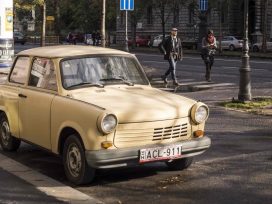Dalle accuse di genocidio mirato alle presunte cure miracolose l’epidemia di COVID-19 viaggia insieme a un nugolo di teorie del complotto. Queste sono diffuse da siti di clickbait, ma anche da regimi autoritari che cercano di sfruttare la crisi per motivi politici e di distogliere l’attenzione dall’inadeguatezza della loro risposta.
Articles
Read more than 6000 articles in 35 languages from over 90 cultural journals and associates.
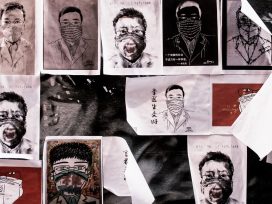
Des accusations de génocide aux prétendus remèdes, la pandémie de coronavirus entraîne une série de théories du complot. Celles-ci sont perpétrées à la fois par des sites “attrape-clic”, mais aussi par les régimes autoritaires ou illibéraux qui exploitent la peur à des fins politiques et cherchent à distraire l’opinion publique de leurs réponses défaillantes.

The degradation of politics
Italy’s problem with hate speech
The Italian far-right’s use of social media to inflame hatred is unprecedented in its extent and intensity. The result is the degradation of political discourse in an already under-regulated media environment. Countermeasures are emerging but the problem is structural and partly rooted in the commercial model of social media.
Įstatymo Galia ar Galios Įstatymas
Kodėl Europa turėtų imtis technologijų valdymo
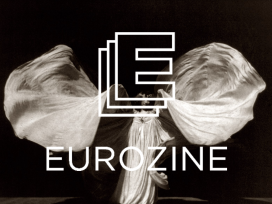
While the rest of Europe is trying to keep citizens from mass economic ruin, the Hungarian government uses the coronavirus for another power grab, also coming down on theatres and transgender people. Orbán knows he can get away with it because he offers a key political product.
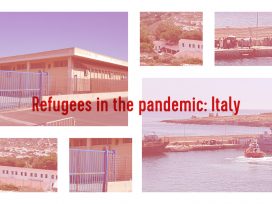
From national threat to oblivion
Erasing migrants from public discourse in Italy during COVID-19
Italy is now more closed than Matteo Salvini ever dreamt it would be. Prevention is focused on citizens, but ‘stay at home’ orders are a mockery for asylum seekers and homeless people, whose servicing is becoming impossible. The government has had to reach out to formerly denigrated NGOs for help. Our miniseries on refugees and the coronavirus pandemic continues.
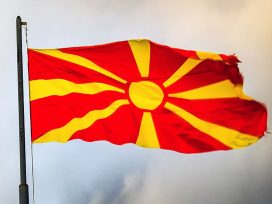
A loaded gun
National populism in North Macedonia
National populism in North Macedonia is kept in check by the European consensus. Macedonism runs deep, however, and has the potential to erupt. The resumption of the EU accession process is likely to ensure that, unlike its neighbour Bulgaria, North Macedonia stays on a democratic course.
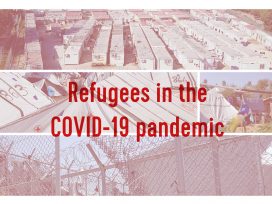
The limits of protection, prevention and care
A miniseries on refugees in the COVID-19 pandemic
The European response to coronavirus so far has been focused on nation states and citizens, leaving stateless refugees without means of prevention. Overcrowded and underserved camps have posed a health hazard already before the virus. Eurozine launches a miniseries to report on refugees’ situation on the EU’s frontiers.
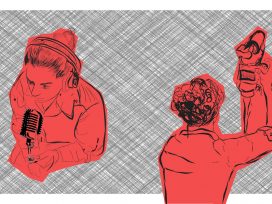
Disease control
Mapping violations of free speech under the cloak of the coronavirus crisis
As the world’s attention turns to fighting COVID-19, many leaders want to fight the media instead. ‘Index’ is monitoring attacks against journalists and freedom of the press, and calls for reports.
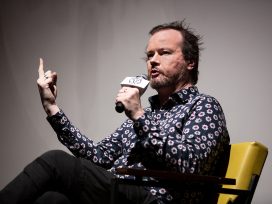
From ‘white boy horror’ to Oedipus Tyrannus, Timothy Morton addresses cultural phenomena that inform our moral choices in the face of the impending climate crisis. To save ourselves we must think collectively, at Earth magnitude. Could comedy be the answer?
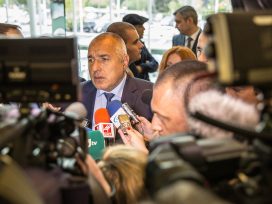
In order to understand disinformation, we need to look beyond its content. Bulgaria provides a stark example of how structural changes in the media environment force journalists to become unwilling participants in the propaganda cycle.
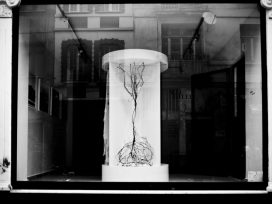
We created this beast
The political ecology of COVID-19
There is nothing ‘natural’ about the coronavirus pandemic: global capitalism has created it. Containment measures of social distancing bear the characteristics of a general strike. It can serve as an experiment taking back control over our own time, Bram Ieven and Jan Overwijk argue.

Läheb viiruslikuks
Covid-19 desinformatsiooni ökosüsteemis

